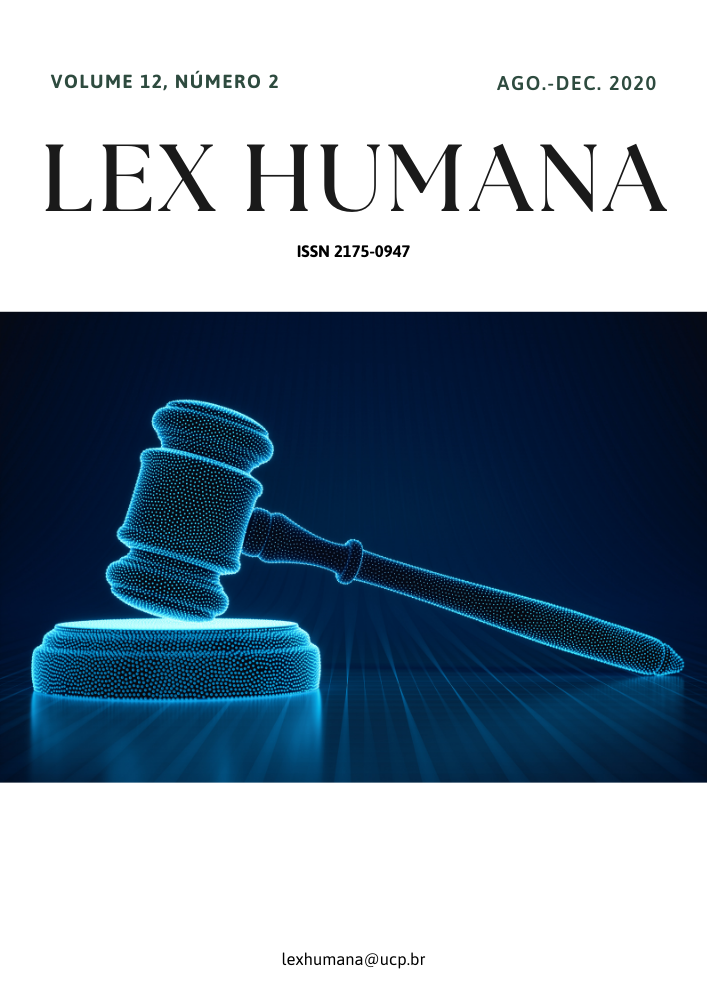Abstract
In modern time, data uploaded in internet and virtual world can be posed as documents in claims in court if one can prove their precision to relate them to ordinary citizens or legal entities and it can help the judge greatly in law issues. Can we present any type of electronic documents to the court as evidences? The credibility of electronic documents refers to the validity of electronic data for the court and using it in making the final decisions. In order to use electronic documents like the traditional documents, they should observe two major conditions of credibility as the properness of the assignment, originality and being undeniable. On the whole, the acceptance of these documents as reasons depends on the validity of such documents for the judge in the trial. Regarding the fact that in computer atmosphere one can easily manipulate, change, copy, and delete electronic data it is natural that the magistrate will treat the validity of the documents mentioned very cautiously and in normal states will optimally consider them as a peripheral reasoning for the claims. The author of the present study has utilized a descriptive-analytic method to investigate about the credibility of electronic documents in law system in Iran and has concluded that electronic documents do have credibility and validity in legal system in Iran as like as the traditional documentation and the proof value of such documents depend on the safety level of the technology.
